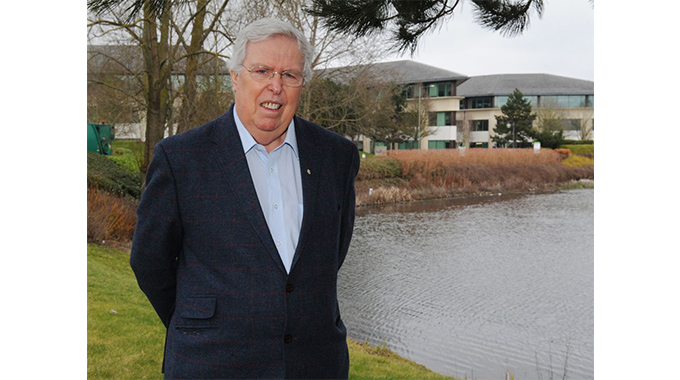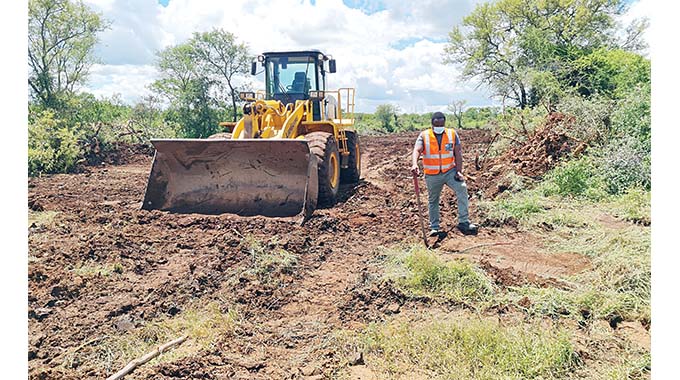COMMENT: Local authorities should ensure Zim has investor friendly policies

BULAWAYO’S industrial landscape will soon change if the planned renewable energy projects are implemented. The city has lined up a number of renewable energy projects worth millions of dollars which are set to transform the city’s economy and create thousands of jobs.
Bulawayo used to be the country’s industrial hub but lost this status after a number of companies closed while others relocated to other cities and towns at the height of the country’s hyper-inflation period.
Local and foreign investors have already expressed interest in investing in solar energy projects and the challenge to the council is to create an enabling environment.
A United Kingdom renewable energy company, Naanovo Energy Inc is among the companies that intend to invest in the city. The company said it is ready to start constructing three solar plants in Bulawayo and another outside Harare at a combined cost of US250 million.
Bulawayo is also awaiting the implementation of a US$150 million waste-to-energy project after signing the deal with Pragma Leaf Consulting Zimbabwe (Pvt) Limited in 2018.
Naanovo Energy Inc vice chairman for Europe and Africa, Mr Anthony Fiddy said had it not been for the Covid-19 travel restrictions, his team would have arrived in the country last year to implement the planned projects.
He said the projects will be implemented under the build, operate and transfer arrangement.
“We will run the plants for 25 years selling the power to the Government and at the end of 25 years we will give the plants to the people of Zimbabwe through the power company,” said Mr Fiddy.
The Bulawayo-based Pretoria Portland Cement (PPC) is also planning to construct a solar plant in the city. The planned implementation of the renewable energy projects is a confirmation of foreign investors’ confidences in the policies of the Second Republic.
The challenge therefore, is for Government to continue improving the investment climate so that we continue attracting foreign direct investment (FDI). Zimbabwe’s ability to attract foreign investors had in the past been frustrated by high cost of labour, erratic electricity supplies, high taxes and poor transport infrastructure.
Some investors were also being frustrated by long and protracted procedures in their quest to invest in the country hence Government has been working on reducing the waiting period.
The cost of transport is high and the situation has been compounded by deteriorating state of roads and railway infrastructure. The challenge of erratic electricity supplies seems to have been addressed as the country is no longer subjected to load shedding as was the case in the past.
It is our hope that local authorities are complementing Government efforts to ensure the country has investor friendly policies so that it becomes an investment destination of choice for foreign investors.
The country cannot continue to lose investors to its neighbours such as South Africa, Botswana and Zambia yet it has the best resources in the region. The country should move with speed to address its shortcomings in order to create a conducive environment for investment and at the same time start talking the language that attracts foreign investors.
We need not emphasise the importance of speaking with one voice when it comes to investment issues regardless of our political differences. It is a fact that once there is disagreement or perceived disagreement, capital runs away.










Comments